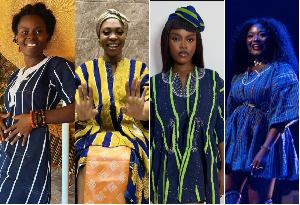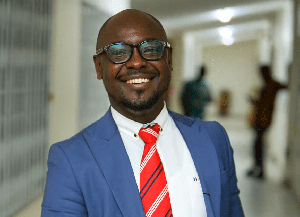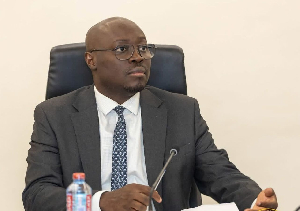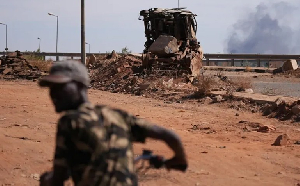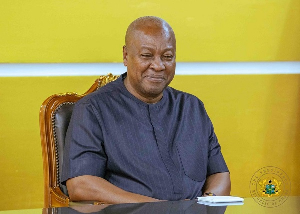General News of Thursday, 22 September 2011
Source: GNA
Judges attend seminar on emerging trends of human rights
Accra, Sept. 22, GNA - Mr Justice Victor Jones Dotse, a Supreme Court Judge on Thursday stressed the need to have a more robust judiciary conversant with all issues related to human rights and labour. "These are about some of the most important issues that confront the average citizen," he added.
Mr Justice Dotse was addressing the opening session of a two-day workshop to provide a platform for High Court and Circuit Court Judges to discuss and adjudicate on emerging human rights and labour issues in the country, in Accra.
He noted that issues of what constituted the breach of a person's hu= man rights and labour issues had become very contentious and topical. "No wonder that we have the Universal Declaration of Human Rights of the United Nations which developing countries including Ghana had ascribed to, not only in theory but also in practice."
The 22 judges attending the workshop would be taken through the application of International Human Rights in the Domestic Courts, challenge= s of freedom of expression under the 1992 Constitution, labour, employer and the courts, overview of the Labour Act and sexual orientation.
It is being jointly organised by the Judicial Training Institute, Faculty of Law (University of Ghana) and National Labour Commission. The Supreme Court Judge recalled that, 93The power that we collective= ly as a nation vested in our institutions of State like the judiciary by the promulgation of the 1992 Constitution cannot be easily reversed." Mr Justice Doste said the powers that the constitution vested in the judiciary must therefore be used to protect and preserve the citizenry from despotic and dictatorial regimes.
"Similarly, the same constitution must be used to help government achieve its developmental agenda by ensuring the maintenance of law and order and, by implication, a disciplined society," he added. Mr Justice Dotse, who is also the Board Chairman of Judicial Training Institute, observed that the preamble of the constitution gave clearest indication that human rights consideration formed its philosophical underpinning.
"Throughout the preamble, there are other principles such as freedom= , justice, and universal adult suffrage, rule of law, the protection and preservation of human rights featured prominently. "It is in the enforcement of these rights that the work of the court= s becomes so very important and crucial," he added. Mr Justice Dotse noted that the power behind the constitution which judges enforced and interpreted resided in the people and not politicians. He pointed out that a judge presiding over a human rights and labour court was enormous because it was not for the faint hearted but a courageou= s judge.
Entertainment
